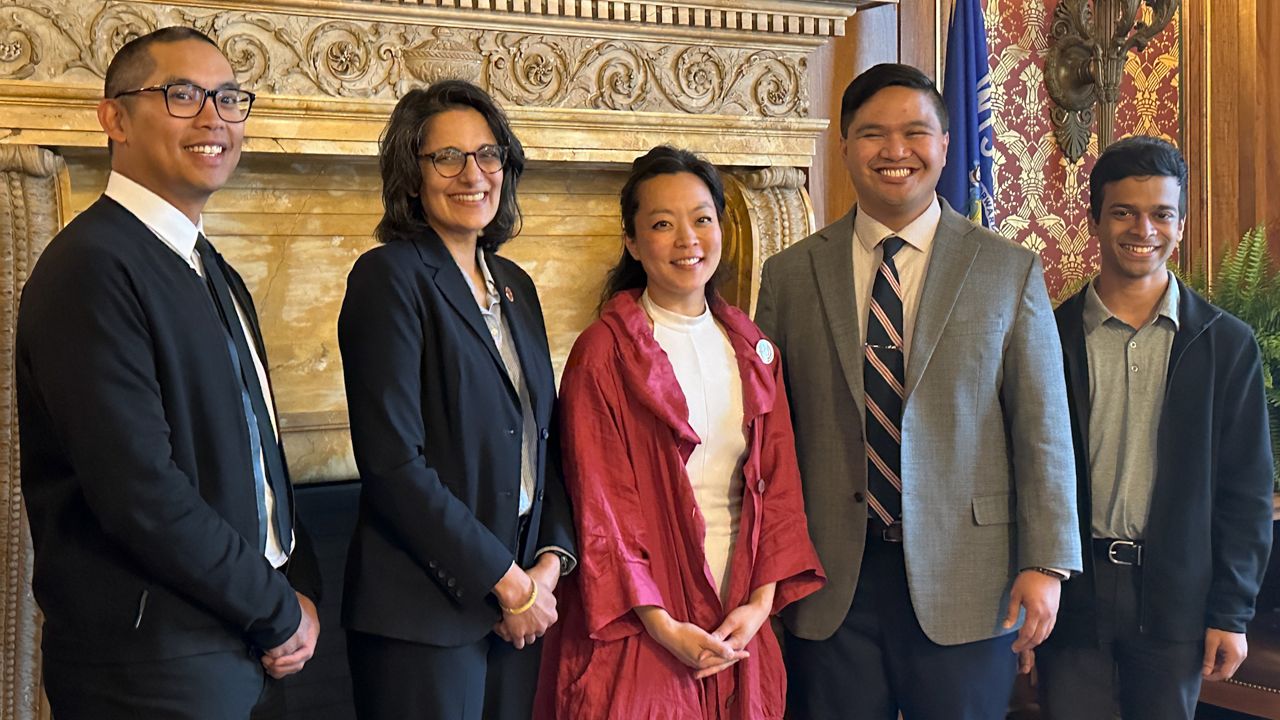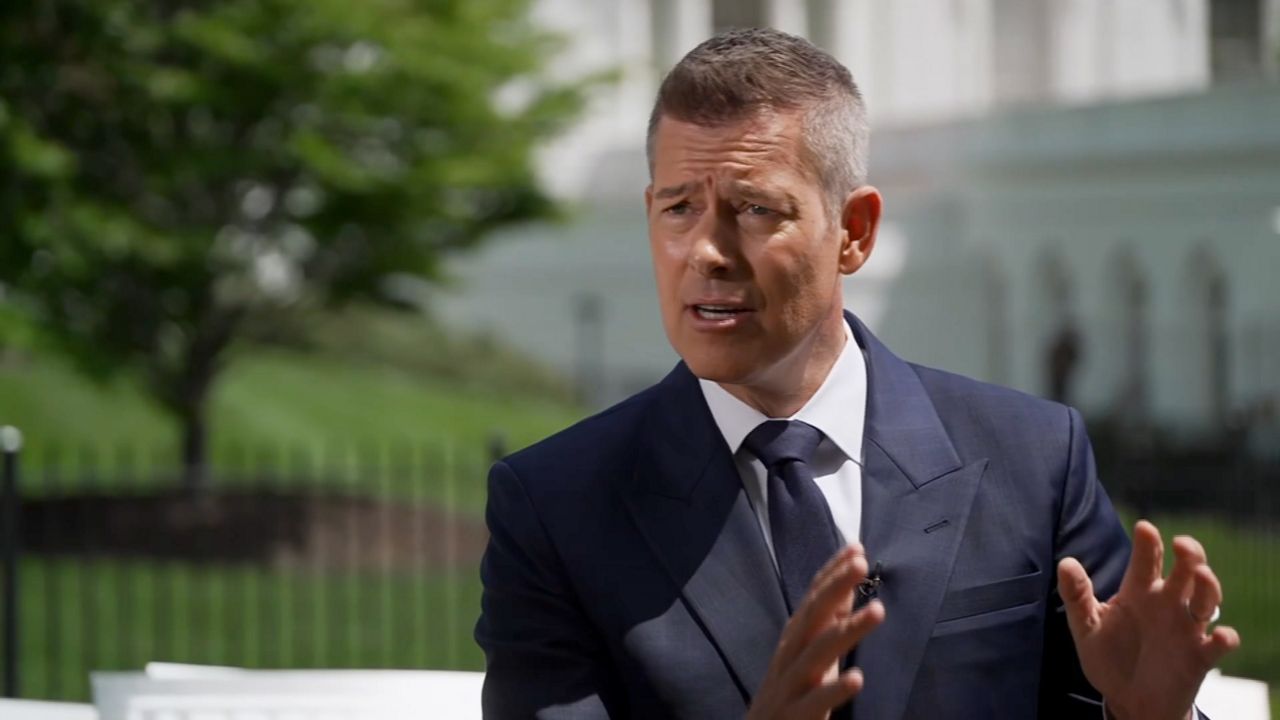WASHINGTON, D.C. — As President Donald Trump reaches his first 100 days in office during his second term, members of his administration are touting accomplishments and answering questions about criticism. Among them is an effort to research autism
National Institutes of Health (NIH) Director Dr. Jay Bhattacharya’s plan to create a “new disease registry” for autism has been criticized by both advocacy groups and autism researchers.
“The word registry is a scientific term. It just means a database that has patients with a certain condition,” Bhattacharya explained. “So, we have lots and lots of these kinds of databases all over the place.”
Bhattacharya spoke to local media at the White House on Monday, a week after the federal Health and Human Services (HHS) agency, led by Robert F. Kennedy, Jr., seemingly walked back the proposal to create an “autism registry.”
Even so, for many people, concerns about the protection of their private health information remain.
“I agree with entirely, that the patient records that we have, keep the privacy and confidentiality of the patients intact. At the same time, we want to make sure the scientists in the country have the ability to ask questions, and you can’t ask them if you can’t study patients,” Bhattacharya added. “We’re going to make sure that the databases that we use, to ask about autism, to ask about heart disease, to ask about cancer, that those databases are in no way jeopardizing the privacy of the patients that are in them.”
“Make America Healthy Again” is another priority from the current administration as many people have celebrated synthetic food dyes being phased out.
When asked whether the administration is considering a ban on other food enhancers and preservatives, Bhattacharya called the recent action on food dyes a “small step” that “points in the direction we should be heading.”
“It’s just common sense,” Bhattacharya said. “Like, if you think about it, why are we requiring that we prove that every single petroleum-based food dye product that we keep giving to kids at scale, almost every product that they eat, we have to prove that it’s harmful.”
Bhattacharya also spoke to the problem of lead paint in Milwaukee Public Schools (MPS).
MPS asked for federal help with tracing lead paint but was denied because of a lack of lead experts at the Centers for Disease Control and Prevention (CDC). Those positions at the CDC’s Lead Poisoning Prevention and Surveillance Branch were eliminated during an effort by HHS to reduce staff.
“It’s appropriate that the Trump administration revisit the health bureaucracies and restructure them so that they focus more on the health and needs of the American people,” Bhattacharya said.
“Certainly, the lead problem in Milwaukee, of course, there was that lead in the water problem in Detroit just a few years back, which was absolutely shocking, we should have the CDC focus on problems like that,” he added.












